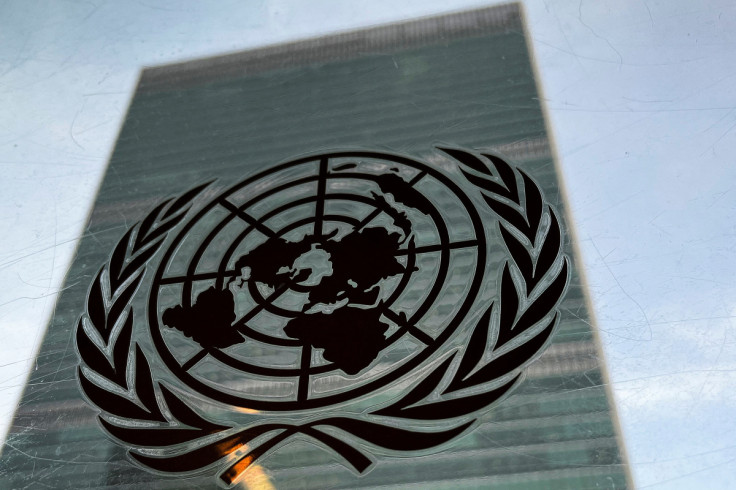Venezuela Losses Reelection To UN Human Rights Council, Sudan And Vietnam Elected
Venezuela lost its seat on the United Nations Human Rights Council on Tuesday in a vote that has been widely celebrated by human rights advocates.
The Venezuelan government was accused of committing crimes against humanity in 2020 after a U.N. investigation into extrajudicial killings, disappearances, and torture. The over 400-page report stated there is evidence that the murders began in 2014 and were conducted by two Venezuelan security forces.
The Human Rights Council is comprised of 47 member states that are elected by secret ballot and decided by the majority of members in the general assembly. Membership is decided by geographic distribution and regions. African and Asian-Pacific states get 13 seats each. Eastern Europe gets six seats, Latin American and Caribbean states receive eight seats, and Western Europe and other states receive seven states.
South Korea and Afghanistan were voted out of their seats along with Venezuela. Tuesday's vote elected 14 members to the Human Rights Council including Sudan and Vietnam, both countries which have faced allegations of human rights violations. States stay on the council for three years.
On June 3, the Human Rights Office of the High Commissioner released a statement urging accountability for "past and ongoing" offenses and "stop excessive use of force against protesters."
The U.N. has faced criticism for lack of action in response to human rights abuses from member states. Venezuela's removal was viewed positively, as some activists and diplomats believe it is an example of changing opinion.
"A government facing these kinds of allegations has no business sitting on the U.N.'s top rights body," said Louis Charbonneau, the director for Human Rights Watch.

The Human Rights Council can not prosecute human rights violations as those actions are led by the International Criminal Court.
© Copyright IBTimes 2024. All rights reserved.





















